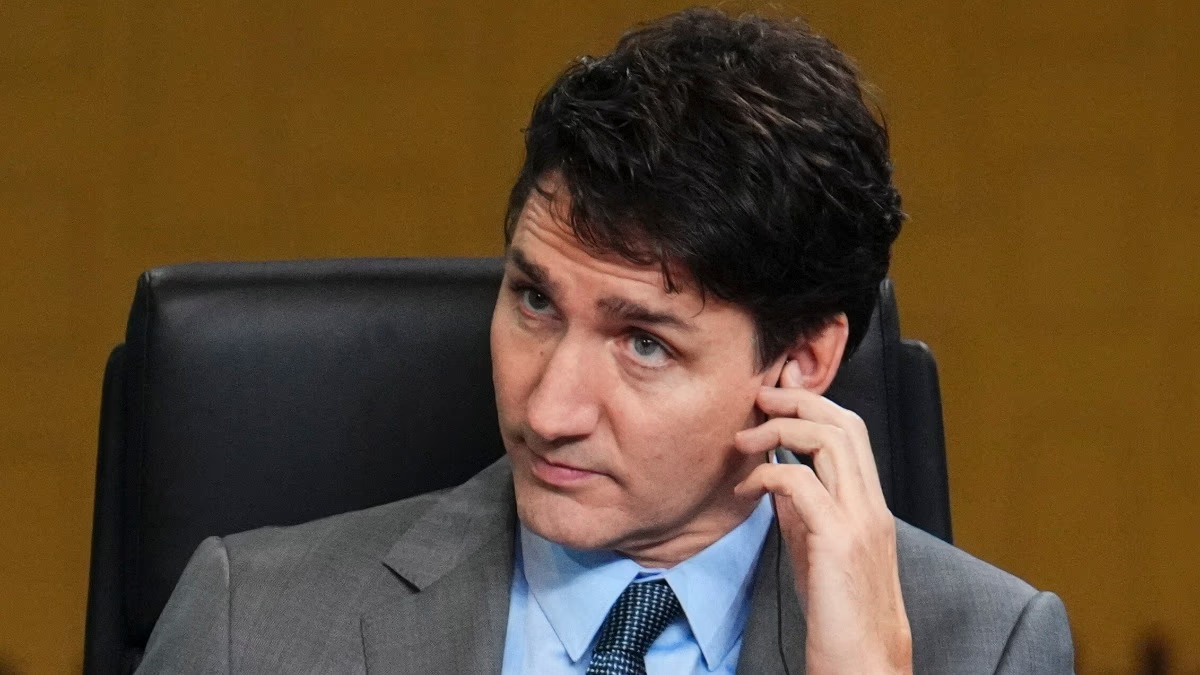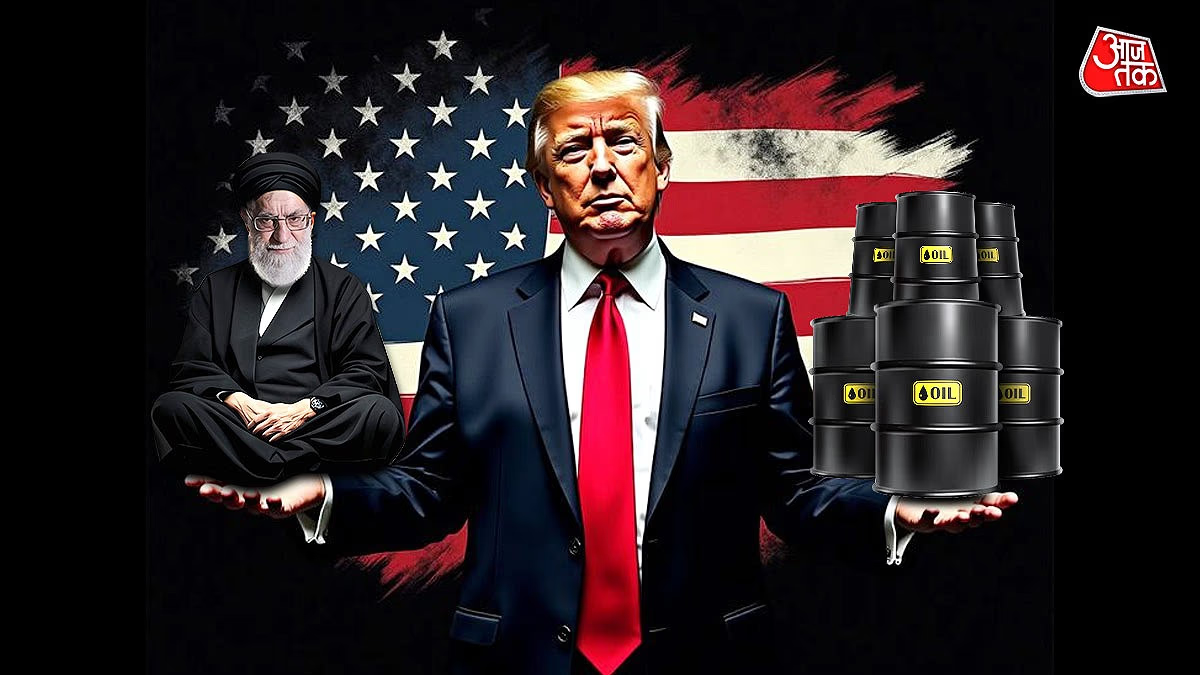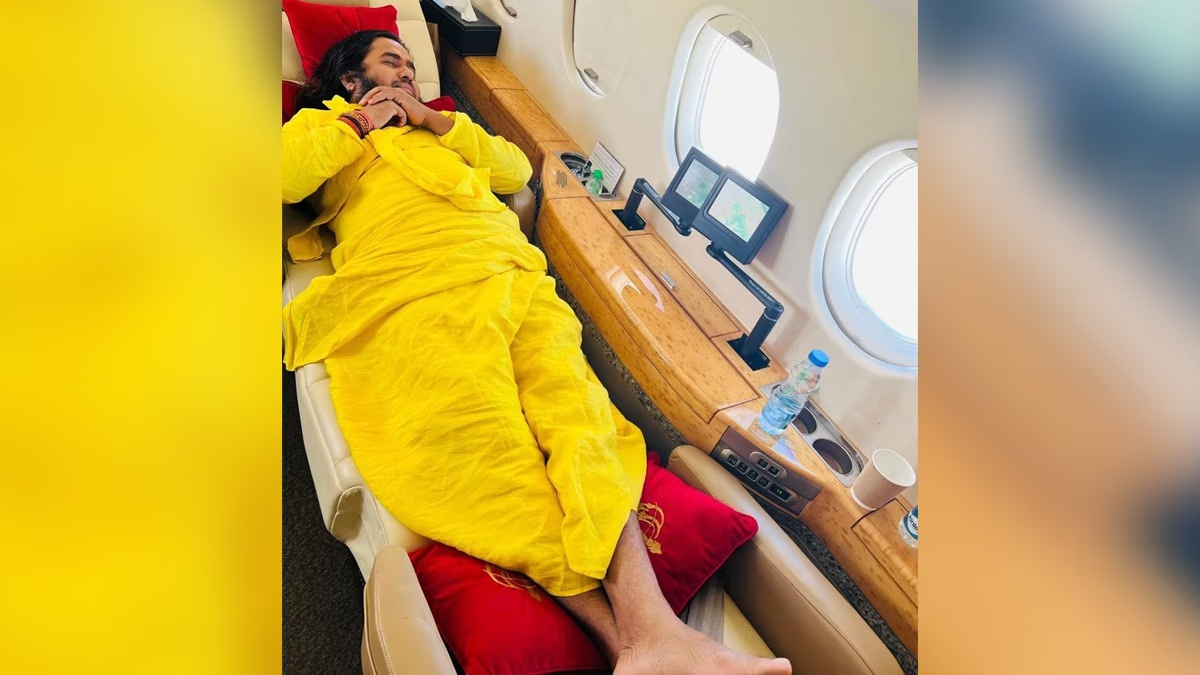Canada's Prime Minister Justin Trudeau, who boosted his politics with Khalistani propaganda and anti-India agenda, has now come to the end of his days. Due to declining popularity and internal dissatisfaction within his own party, Trudeau had to resign.
Trudeau took over as the Liberal leader in 2013 when the party was in deep trouble, ranking third in the House of Commons for the first time. Trudeau campaigned vigorously across Canada for two years, leading to a spectacular victory in the October 2015 Canadian elections. The Liberal Party won 184 of the 338 seats, with 39.5 percent of the popular vote, forming a strong and powerful government.
The magnitude of Trudeau's victory is evident as his party secured only 34 seats in the 2011 elections, compared to 184 seats in the 2015 elections.
Trudeau also won the elections in 2019 and 2021. However, with each victory, his grip on policies weakened, leading to the growing influence of the Conservative Party. As a result, Trudeau had to resign before completing his term.
Khalistani Propaganda, Anti-India Agenda
Trudeau's politics in Canada were distinctly anti-India. He silently tolerated hardcore Khalistanis conducting anti-India activities from Canadian soil, even allowing the local police to provide them legal protection. When the assassination of India's former Prime Minister Indira Gandhi was portrayed offensively in Canada, the police remained silent. Even when Hindu temples were attacked, the police did not intervene.
Developed countries expected Trudeau to criticize the actions of these Khalistanis and immediately instruct his police to take action. However, for the votes of some extremists, he remained silent and encouraged them. Trudeau himself admitted the presence of Khalistani elements in Canada. Although he attempted to downplay their wrongdoing by stating they do not represent the entire Sikh community, these actions eroded the confidence of ordinary Canadian citizens in their Prime Minister.
India Stunned by Trudeau's Allegations
Trudeau shocked India by alleging involvement of the Indian government in the murder of terrorist Hardeep Singh Nijjar. In September 2023, when Trudeau declared in the Canadian Parliament that the national security apparatus had compelling reasons to believe "agents of the Government of India" were involved in a Canadian citizen's murder, India was taken aback. Despite 16-17 months passing since Trudeau's allegations, Canada has not provided concrete evidence proving Indian agencies’ involvement in this assassination.
Surveys Point to Trudeau's Declining Popularity
Trudeau's actions led to his declining popularity in Canada. A survey conducted by Angus Reid Institute (ARI) and the Asia Pacific Foundation of Canada revealed that 39 percent of Canadians believed Canada was not managing its relations well, while 32 percent felt otherwise. Furthermore, 29 percent abstained from commenting.
The survey also found that 39 percent of Canadians believed relations would not improve as long as Trudeau remained Prime Minister.
Deteriorating Relations with India
Meanwhile, Trudeau did not stop the rhetoric over Nijjar, who was a wanted terrorist in India and who had acquired Canadian citizenship through deceit.
Relations deteriorated, prompting both countries to reduce the number of officers in each other's high commissions. Subsequently, Canada halted the fast-track visa process for students, adversely affecting Indian students the most.
Trudeau's Troubles Intensified Post-Trump Victory
Trump's victory in the American elections worsened Trudeau's situation. Trump announced a 25 percent tariff on Canada, shocking Trudeau. In response, Trudeau immediately flew to the U.S. to meet Trump and dined with him. But his issues persisted. Trump even mocked Trudeau by calling him a "far-left lunatic," and referred to him as the "governor of the great state of Canada." He further suggested making Canada the "51st state of the U.S." to ease tariff and trade discussions.
More Blows from Musk After Trump
Another setback for Trudeau came from business tycoon Elon Musk, a close ally of Trump. Musk tweeted that Trudeau would lose the next election, asserting his departure was imminent.
Musk's remarks dealt a significant blow to Trudeau's reputation.
Trudeau's Weakening on the Domestic Front
While Trudeau faced these challenges abroad, domestic opposition intensified their attacks continuously within the country.
Since the 2021 federal election, the Liberals have suffered defeats in by-elections, leading to a reduced seat count in Parliament. This includes the loss in traditionally safe seats like Toronto’s Toronto-St. Paul's, and Montreal’s LaSalle-Émard-Verdun. Stories of internal frustration and dissatisfaction with Trudeau's leadership surfaced in the media in the months following these losses.
Amidst all these developments, Trudeau's popularity continued to wane. Several surveys highlighted this trend. According to a recent survey by the global market research institute Ipsos, about 73 percent of Canadians wanted him to resign. Even among Liberal Party supporters, 43 percent preferred not to see Trudeau as their leader.
Canada was grappling with rising inflation and unemployment, with the Conservative Party making it a major issue. Post-pandemic, the unemployment rate lingered at around 6.5 percent. Trudeau's tax policies also perturbed people.
In December last year, a rebellion-like situation against Trudeau emerged within the Liberal Party. Dozens of Liberal MPs agreed in a meeting that Trudeau should step down. In a meeting attended by 51 MPs, it was decided that Trudeau's time was over.
Wave of Resignations in Trudeau's Government
The final months of 2024 saw a wave of resignations within Trudeau's cabinet. On September 19, 2024, Transport Minister Pablo Rodriguez resigned. On November 20, 2024, Alberta MP Randy Boissonnault resigned. On December 15, 2024, Housing Minister Sean Fraser announced his intention to leave the cabinet by the next reshuffle, citing family reasons.
On December 16, 2024, Chrystia Freeland resigned from the positions of Deputy Prime Minister and Finance Minister. Following these resignations, Trudeau had no solid reasons left to remain in office.




